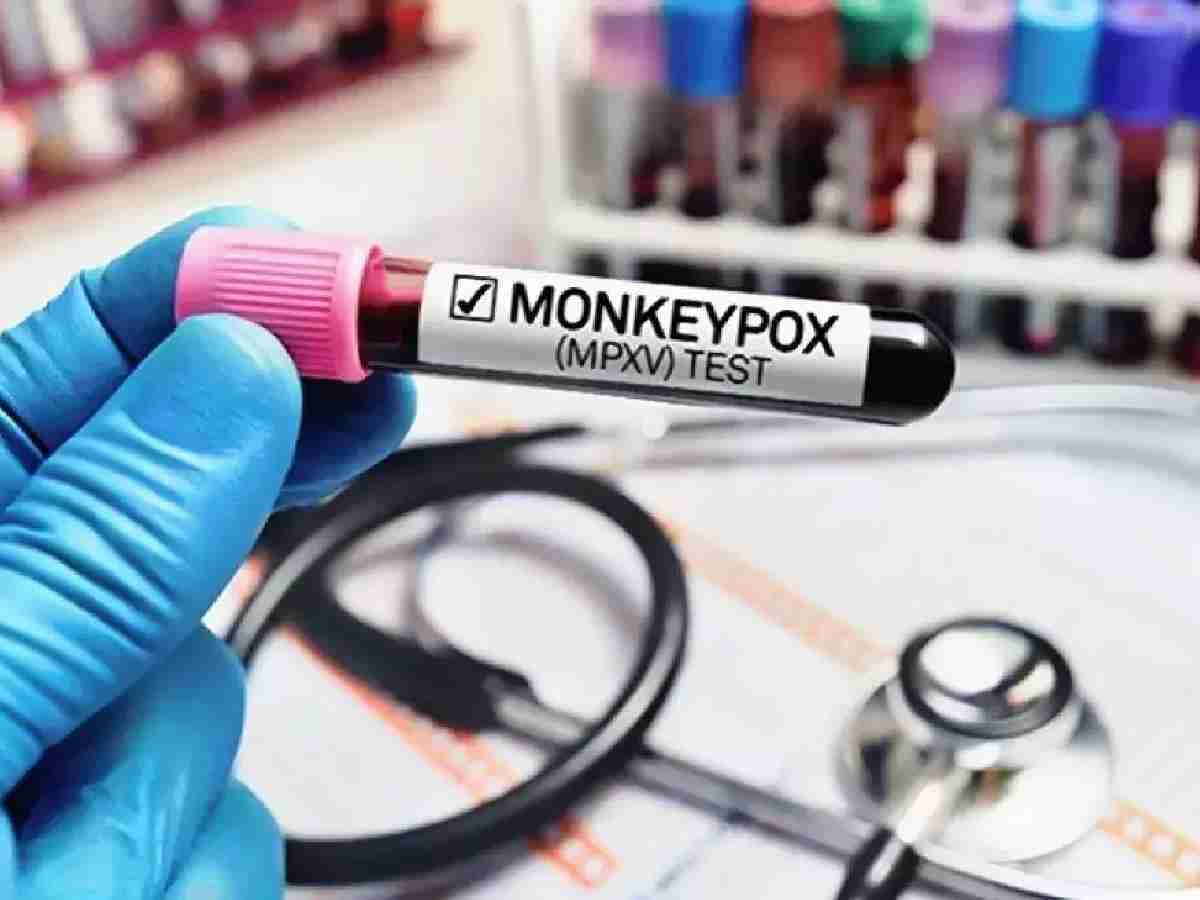The mpox patient admitted to LNJP Hospital is in stable condition, said Delhi Health Minister Saurabh Bharadwaj on Tuesday.
Bharadwaj conducted an unscheduled visit to the hospital to evaluate its readiness to handle cases of mpox and dengue.
“There is a confirmed mpox case at LNJP hospital. The patient has a travel history, and it is believed he contracted the virus during his international trip,” Bharadwaj said.
“The patient is in isolation in a dedicated ward and is stable,” he added.
The 26-year-old patient from Hisar, Haryana, is exhibiting only genital ulcers and skin rashes, with no fever, according to a health department official.
Bharadwaj reassured the public, said that there is no need to panic, as mpox spreads through physical contact and not through the air.
The Union Health Ministry described the case as an “isolated incident” on Monday, confirming that there was no significant public health threat.
“The individual, a young male who recently returned from a country experiencing mpox transmission, is currently isolated in a designated tertiary care facility. He remains clinically stable, with no other illnesses or comorbidities,” the ministry said.
The patient was admitted to the Delhi government-run LNJP Hospital on Saturday.
Last month, the World Health Organisation (WHO) declared mpox a Public Health Emergency of International Concern (PHEIC) due to its spread in several parts of Africa.
While LNJP is the primary facility, two additional hospitals are on standby.
LNJP Hospital has 20 isolation rooms for patients, including 10 for confirmed cases.
Both Guru Teg Bahadur (GTB) Hospital and Baba Saheb Ambedkar Hospital have 10 rooms each for such cases, with five rooms designated for suspected cases. (With inputs from PTI)





